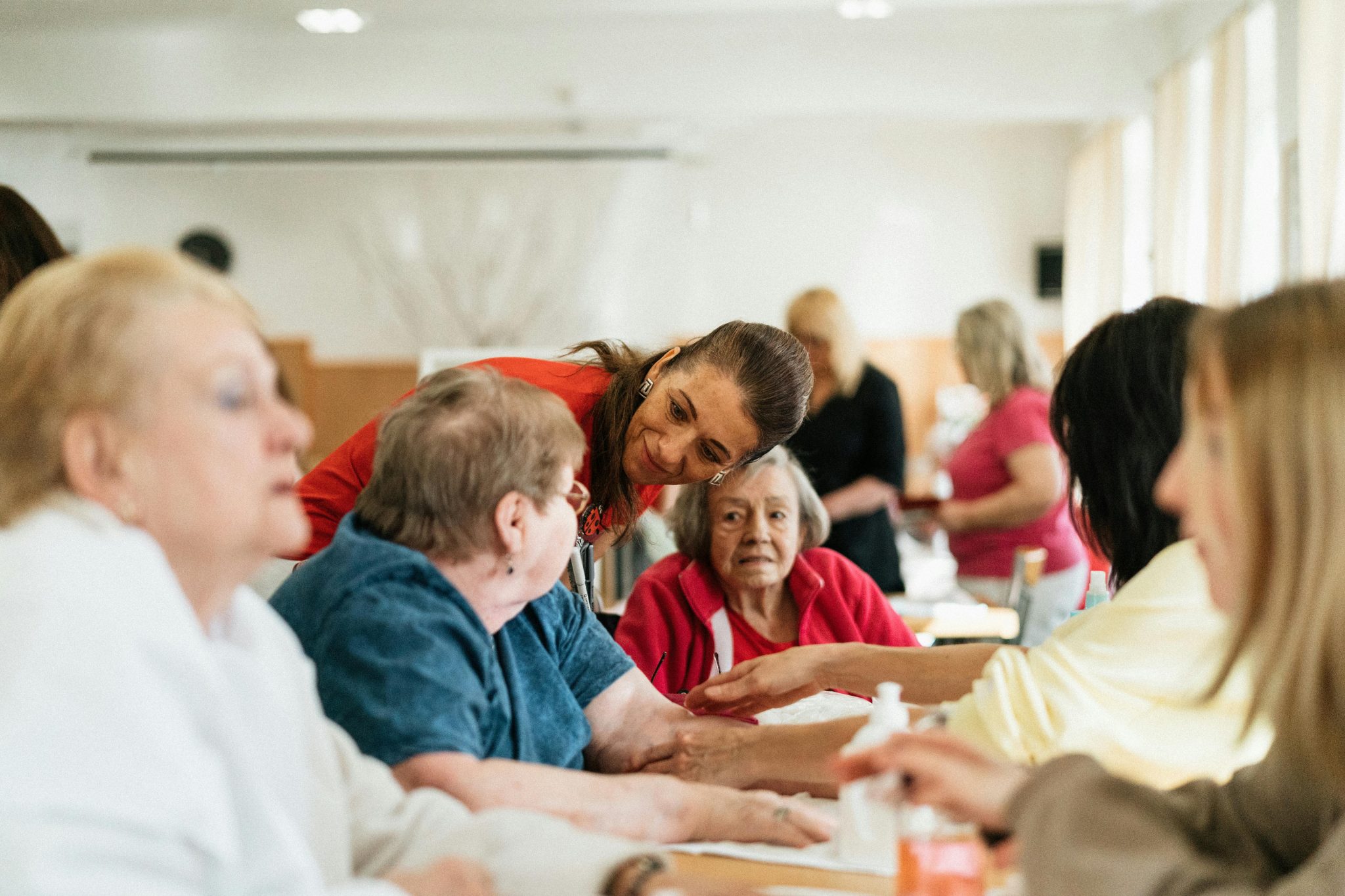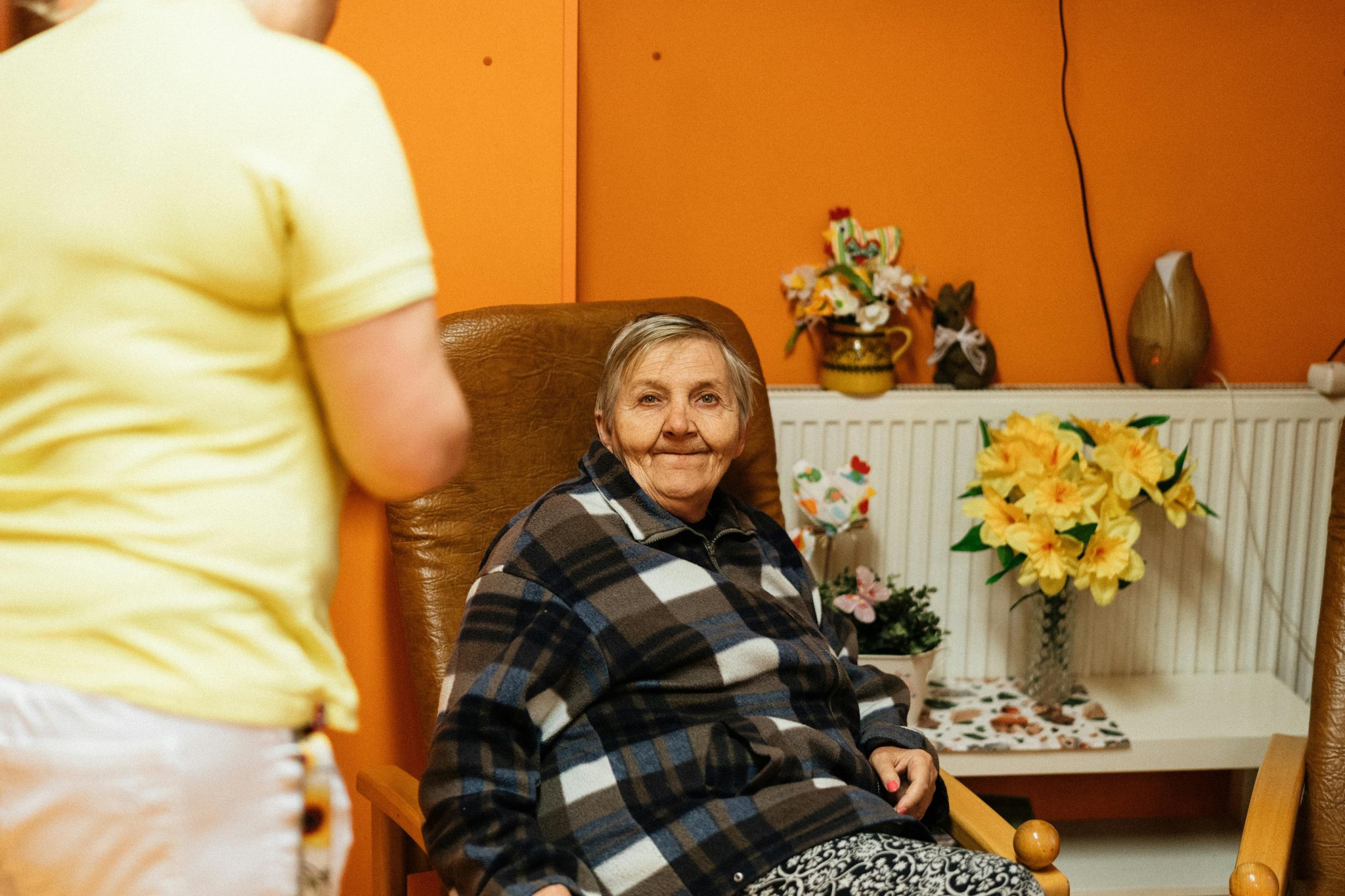Assisted living facilities are essential because they provide the necessary care and support for residents who require assistance performing everyday tasks. Good care comes from working together. When we understand how people work together in assisted living communities, we can see the direct impact on the lives of older adults residing in these spaces. The cooperation of care teams helps residents live better lives.
Roles Within the Care Team
In assisted living, many professionals collaborate to enhance the overall well-being of senior citizens. For instance, assisted living in Eureka, MO, delivers comprehensive care to help older adults live their best lives. Care groups comprise nurses, caregivers, therapists, and office staff, and every individual possesses a unique set of talents and expertise.
Nurses dispense prescribed medication and observe patient health, coordinating a significant portion of medical care. Caregivers assist with tasks such as bathing, dressing, and other intimate care activities. Physical therapists help patients feel their best. They provide exercises and practical advice to help them move well.
Communication Is the Best Coordination Instrument

Communication is a vital element in forming a cohesive team. Frequent meetings and check-ins ensure that everyone is aware of resident needs. The rollout of digital tools has changed the way teams share information, allowing them to provide real-time updates and alerts.
This enables all team members to remain informed about changes to a resident’s condition or care plan. Teams that communicate well can identify and resolve issues quickly. Honest discussions allow them to stay flexible as things change.
Personalized Care Plans Are Priceless
Each resident has their own needs and wants. Building a personal care plan requires input from multiple team members. These teams outline the help and care that every person at the facility needs.
The team collaborates to create comprehensive and suitably tailored plans that meet each individual’s specific needs. They examine every aspect of life, including health, emotions, and friendships. They regularly review how things are going to make adjustments and keep the support helpful.
Training and Development
Care teams cannot stop learning and must continue to do so. When they regularly attend skill-building courses, these teams quickly acquire new ideas and find the most effective ways to perform their jobs. As they stay informed about the latest medical breakthroughs, they can deliver exceptional care to patients.
Team members grow closer through such activities. They discover new ways to cooperate and truly get to know their colleagues. Such repetitive training ensures that every team member is adequately equipped to handle all resident needs.
Strong Relationships With Residents Are Built
Relationships between staff and residents are among the most significant factors contributing to the quality of care. As staff learns the personal preferences and daily patterns of every person living at a facility, they deliver better care.
Creating trust and a sense of comfort and security among residents is essential. Small things, such as having a favorite activity or food, can make a significant difference. Care teams genuinely connect with people, creating a supportive and trusting environment where everyone feels valued.
Family Involvement in Care Coordination
The role of the family cannot be ignored. Frequent contact with relatives means they stay well-informed about their loved ones’ health and comfort. Care teams communicate changes and progress seen in a resident’s care plan to their family members.
When an older adult’s family gathers, it is the perfect time to address concerns and celebrate achievements. When families are part of the journey, care teams can create a much more welcoming and supportive environment for the residents living there.
Emotional Well-being Is Emphasized

Emotional well-being is as important as physical well-being. Caregivers plan events where everyone can get together and talk. Group activities, trips, and other events are regularly organized. They enable residents to meet new people and form lasting friendships.
With so many options available, you can rest assured that there is something for everyone to enjoy. When people get the proper emotional care, they tend to stay positive and improve their day-to-day lives.
Changing Needs Are Accommodated
Depending on the life circumstances of the residents, needs may vary. Care staff stay flexible and adjust. Frequent evaluations help them identify new needs or make changes to a care plan. Keeping an eye on changes enables teams to deliver assistance where it matters most, and being flexible matters. It means people will receive good care that they can depend on, regardless of how their needs change.
Conclusion
Care teams at assisted living play a complex and crucial role. Imagine the difference good care makes to an older adult’s life. Staff at assisted living facilities truly step up for residents, always taking the time to discuss their condition, following individual care plans, and staying current with regular training.
When care teams help families connect and form solid relationships, the entire experience of living in assisted living arrangements feels much brighter and more joyful. Everyone pitching in is vital, and that’s how elders get the care they can count on.





















